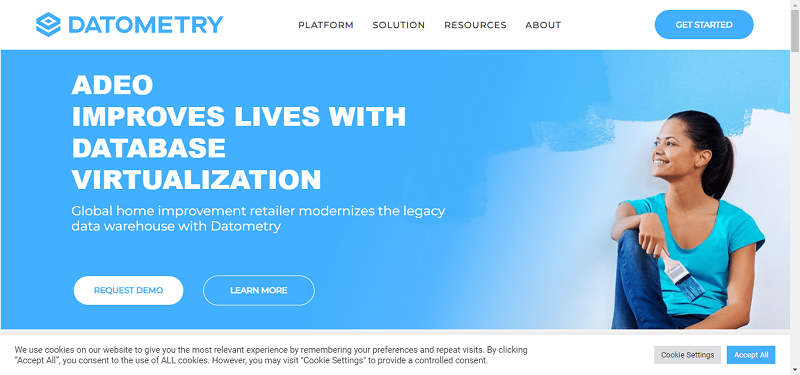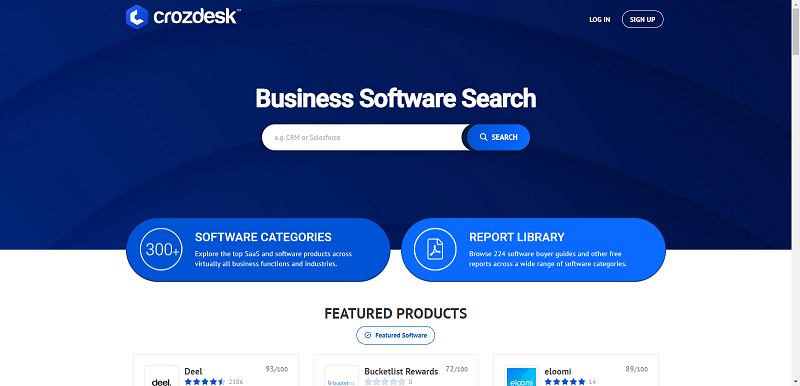With the General Data Protection Regulation (GDPR) coming into force in nearly three months’ time, you’d think most enterprises in the European Union (EU) would be prepared – especially considering the steep penalties in place for noncompliance. However, cases like the recent data breach of Norway’s Health South-East RHF makes it crystal clear that organizations are still struggling to come to grips with the impending regulation. The healthcare organization reported that approximately 2.9 million people may have been affected in the incident and that it failed to meet GDPR’s breach reporting guidelines outlined in Article 33. Had the regulation been in effect, they’d be in some serious hot water.
Article 33 states “in the case of a personal data breach, data controllers shall without undue delay” notify the appropriate regulator within 72 hours of becoming aware of an incident. This wording may (and should) raise a few eyebrows. The phrase “undue delay” can be interpreted as any time after the 72-hour timeframe has passed, but this can be different for data processors and controllers. It appears authorities have left this part of the regulation open to interpretation in the event different circumstances arise. For Instance, there may be some cases where it’s simply not possible to report a breach within 72 hours due to either scale or impact. Although there may be some exceptions, most organizations should still be prepared to meet the regulation’s requirement.

How to put a breach reporting process in place
If an organization doesn’t have a fully-defined breach reporting process, they need to put one in place – and fast. Companies should start by identifying the following pieces of information when an incident occurs, including:
Identifying this information swiftly can help businesses notify the appropriate national data protection regulator (and anyone who was impacted) in the proper amount of time. While this may seem relatively straightforward, figuring how what was breached, who was impacted, how widespread a breach is, and how it happened is not an easy task to achieve in 72 hours. Companies also need to remediate the damage the breach has caused and prevent it from spreading even further at the same time. So, having well-developed processes and plans for these incidents in place will help organizations, like health South-East RHF for example, meet the mandate within the allotted timeframe.
Easing nerves and becoming prepared
If you’re becoming nervous because your organization has yet to put these processes in place, you should be. While some regulatory bodies may focus more on educating and training organizations about the nuances of the regulation, others may have high expectations in the beginning, and impose harsh penalties against offenders right out of the gate. Regardless of which regulatory body your organization reports to, companies should prepare for the worst-case scenario. The regulation is very clear that fines for noncompliance can be upwards of 4% of a company’s annual revenue, which can be devastating to an organization.
That said, it’s important to prepare for additional parts of the regulation. Organizations who strive for compliance should also consider:
Time’s not up – be proactive
Even though there’s much to consider and prepare for, time hasn’t run out just yet. Organizations can still prepare for Article 33 and other portions of the GDPR by defining processes, asking the right questions, and bringing in the proper expertise to plan in advance.
By Daren Glenister





